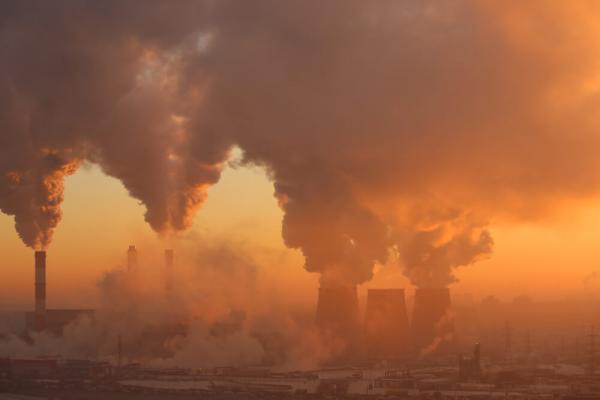Feb 20, 2017
After sessions on gravitational waves, nuclear forensics, and artificial intelligence, one of the world’s largest general science conferences invited attendees to hear from an Episcopal priest.
The Rev. Fletcher Harper preached on climate change, and how to get a vast segment of the world’s population to pay better attention to what scientists know but many others doubt: that the problem is worsening and portends disaster.
“My entreaty for scientists is to be able to speak publicly about why you care,” said Harper, executive director of GreenFaith, an interfaith nonprofit that aims to galvanize religious people to safeguard the environment.
Read the Full Article

Already a subscriber? Login
